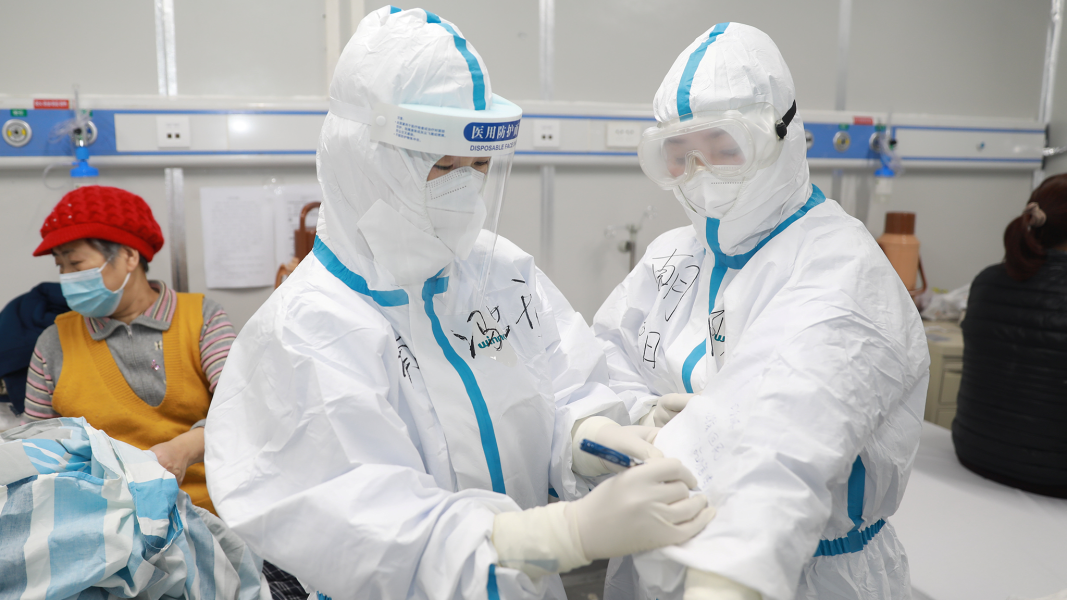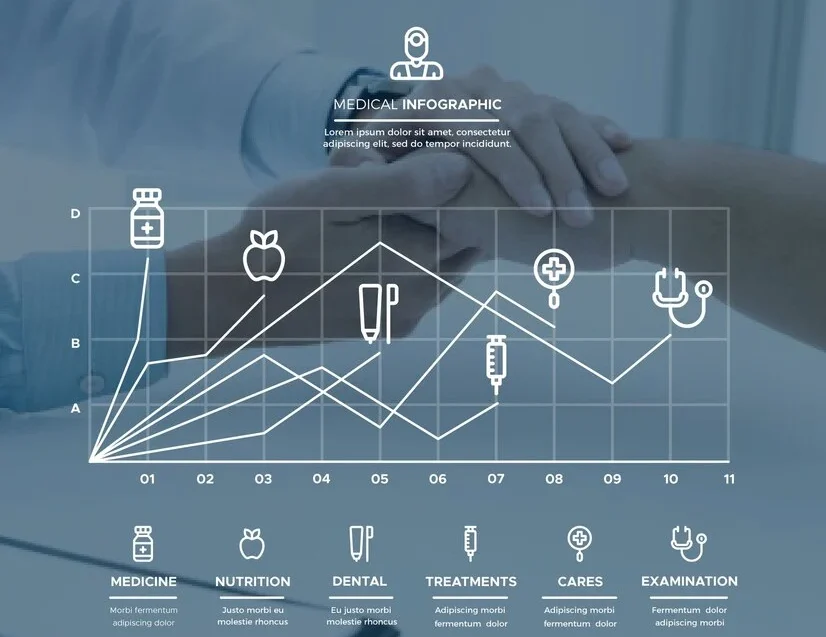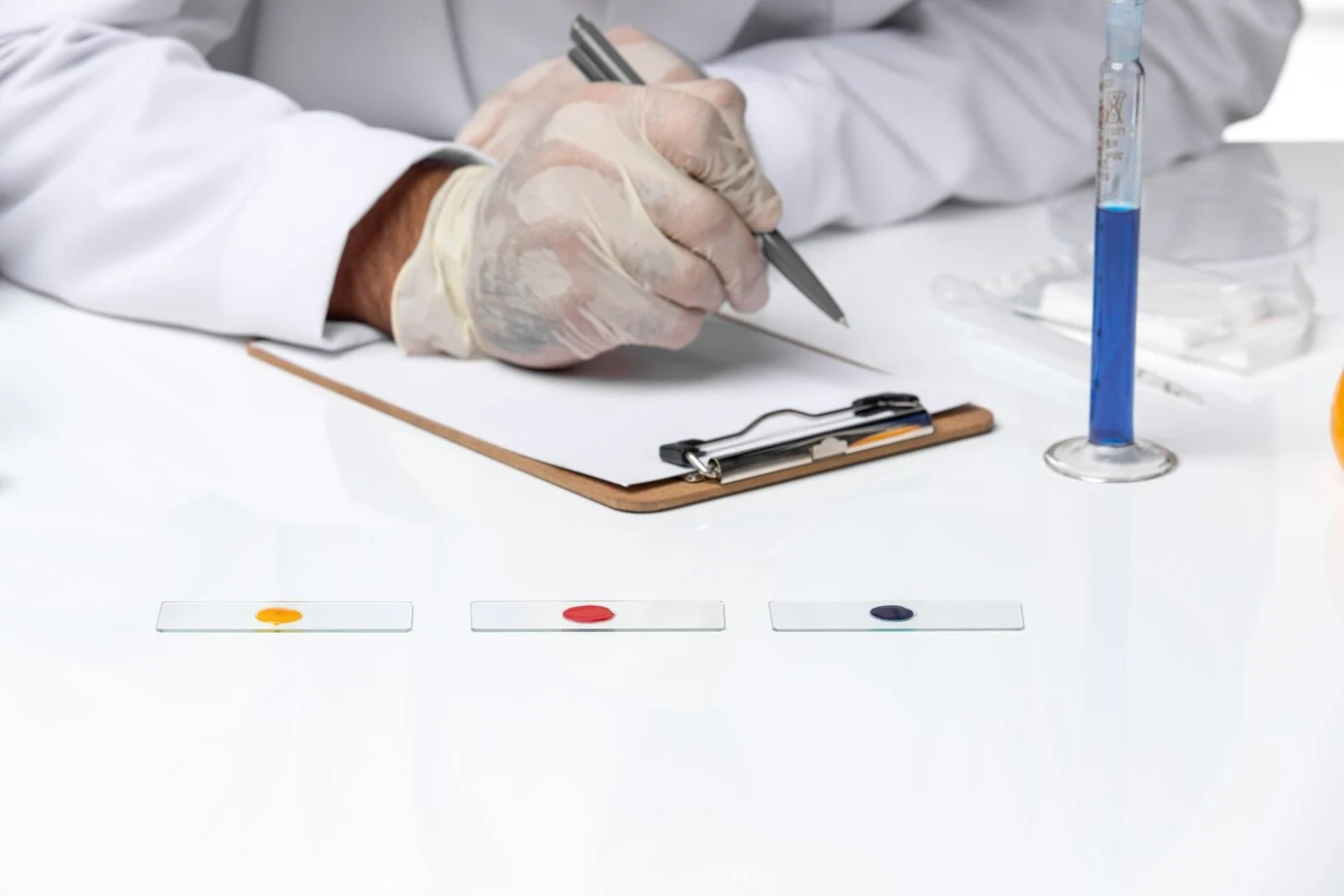Public health emergency planning is a crucial aspect of national and local healthcare strategies, ensuring that communities are prepared to respond effectively to emergencies such as pandemics, natural disasters, and bioterrorism threats. The ability to plan, respond, and recover from health crises requires specialized knowledge and qualifications, such as the RSPH Level 4 Diploma in Health Emergency Preparedness, Resilience, and Response. This guide will explore key aspects of public health emergency planning, including qualifications, training centres, and the role of the UK Health Security Agency (UKHSA).
Understanding Public Health Emergency Planning
Public health emergency planning encompasses strategies to protect communities from health threats through preparedness, coordinated responses, and resilience-building efforts. This involves developing response frameworks, ensuring efficient resource allocation, and training professionals to handle emergencies effectively.
RSPH Level 4 Diploma in Health Emergency Preparedness, Resilience, and Response
The RSPH Level 4 Diploma in Health Emergency Preparedness, Resilience, and Response is a specialized qualification designed to equip professionals with the skills needed to manage and mitigate health emergencies. This diploma focuses on:
- Risk assessment and emergency planning
- Crisis communication and public engagement
- Incident response coordination
- Recovery and resilience strategies
This qualification is suitable for emergency planners, public health officers, healthcare professionals, and policymakers involved in emergency response and preparedness.
Centres Offering This Qualification
Several accredited institutions provide the RSPH Level 4 Diploma in Health Emergency Preparedness, Resilience, and Response. These centres offer structured training, assessments, and practical applications of emergency planning principles. Key providers include:
- Royal Society for Public Health (RSPH) – The leading body for public health qualifications
- UK Health Security Agency (UKHSA) – Offers specialized training in health security and emergency response
- Emergency Services Training Centres – Focuses on practical applications for frontline responders
UK Health Security Agency (UKHSA)
The UK Health Security Agency (UKHSA) plays a vital role in public health emergency planning by:
- Conducting risk assessments for national health threats
- Developing emergency response frameworks
- Training healthcare professionals and emergency responders
- Coordinating with international health agencies to enhance global preparedness
The UKHSA ensures that the UK is prepared to handle public health emergencies by implementing evidence-based policies and strategies.
Related Qualifications
For those looking to specialize further in public health emergency planning, related qualifications include:
- RSPH Level 4 Award in Health Emergency Preparedness, Resilience, and Response – A condensed version of the diploma focusing on core emergency planning principles.
- Emergency Management and Resilience Certificate – Covers crisis management, disaster recovery, and resilience-building strategies.
These qualifications enhance the expertise of professionals involved in health emergency response and planning.
Emergency Services Hub
The Emergency Services Hub serves as a central resource for professionals in public health emergency planning. It provides:
- Training programs and certification courses
- Resources for emergency preparedness
- Networking opportunities for professionals in public health and emergency services
This hub is essential for knowledge-sharing and continuous professional development in the field of emergency response.
Become a Learner: Enrolling in Public Health Emergency Training
To pursue a career in public health emergency planning, individuals can become learners by:
- Researching Accredited Courses – Identifying institutions that offer relevant qualifications.
- Meeting Entry Requirements – Ensuring eligibility for the chosen course.
- Enrolling in Training Programs – Completing coursework, assessments, and practical training.
Find a Qualification
Those interested in public health emergency planning can find a suitable qualification through:
- The Royal Society for Public Health (RSPH) website
- The UKHSA training portal
- Accredited universities and training centres specializing in emergency preparedness
Conclusion
Public health emergency planning is essential for safeguarding communities against health crises. By obtaining qualifications such as the RSPH Level 4 Diploma in Health Emergency Preparedness, Resilience, and Response, professionals can develop the expertise needed to manage emergencies effectively. With resources like the UK Health Security Agency (UKHSA) and the Emergency Services Hub, learners and practitioners can access training, networking opportunities, and vital information to enhance their skills. Investing in public health emergency planning ensures a resilient and prepared society capable of responding to health threats efficiently.
















